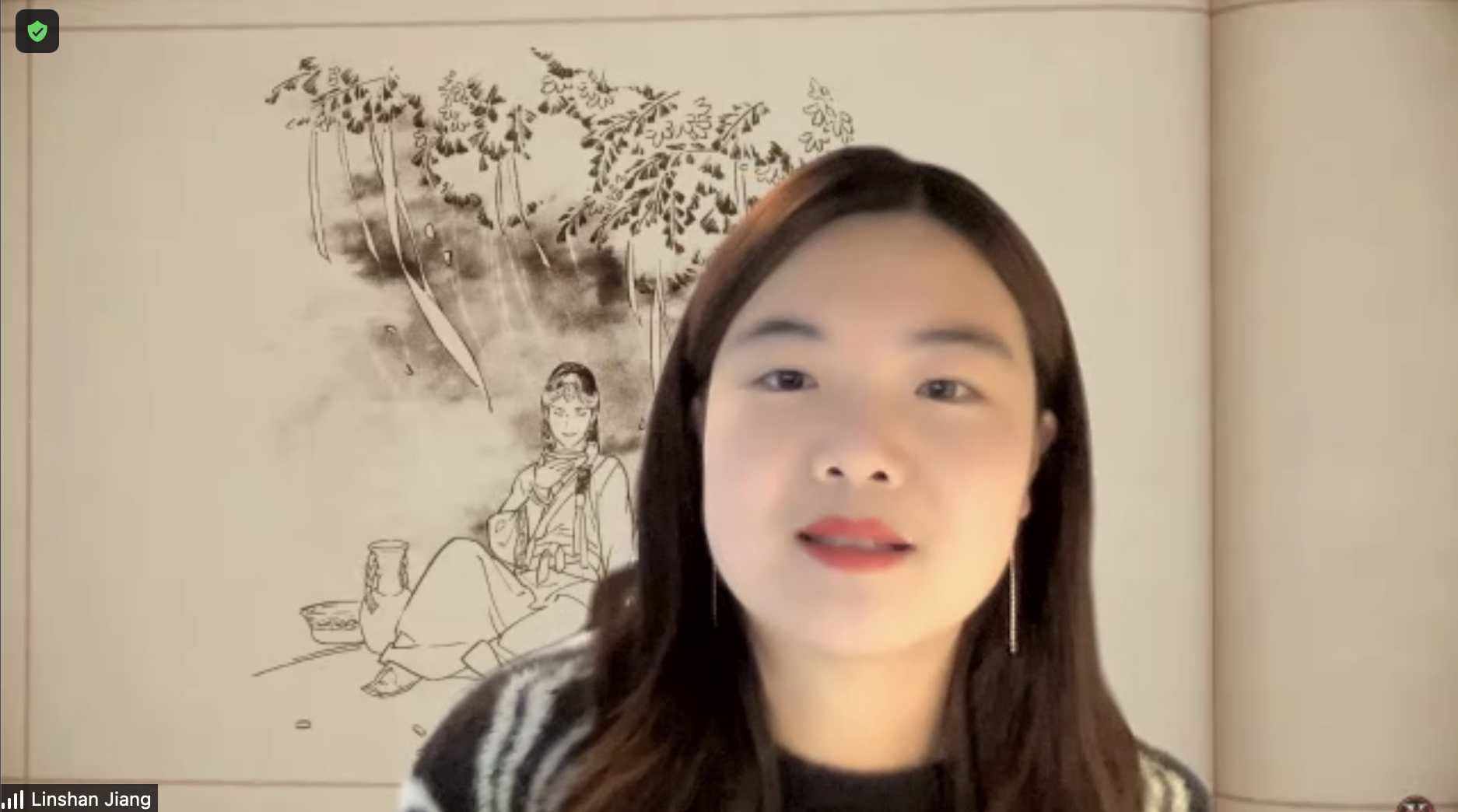By Romy Hildebrand, Colleen Coveney and Jane Nguyen
The Center for Taiwan Studies has come back to campus in full force this year, with a roster of speaker events that stress the ties between Taiwan studies and other departments, and also enhance the artistic component of its lectures to bring Taiwan studies alive beyond textbooks.
In one week alone, the department was abuzz with a total of three lectures, in both the center’s Workshop series and Sounds, Screens and Stages series.
The Center aims to introduce more leading scholars of Taiwan studies from across the globe to UC Santa Barbara, says UCSB Linguistics graduate student Yi-Yang Cheng.
“East Asian Studies, Chinese Studies, Taiwan Studies… they are really broad, and they’re interested in gaining perspectives from people in different fields,” says Cheng.
Yi-Yang Cheng, a UCSB graduate student in the Linguistics Department, is leading the Center for Taiwan Studies’ new Workshop series to raise awareness of Taiwanese diversity .
He, along with fellow graduate students Linshan Jiang and Kandra Polatis, are inviting speakers from different disciplines to share their research in a series that includes a collaboration with the Linguistics Department “to raise awareness of the linguistic diversity of Taiwan,” says Cheng. “Most people only know that Taiwan has a strong Chinese culture, which is true, but there’s also a lot of diversity in the languages spoken in Taiwan.”
He began with his specific area of study, the indigenous languages of Taiwan, by hosting Andre Goderich, professor at the National Changhua University and expert on Atayal, an indigenous language belonging to the Austronesian language family.
Goderich talked about Atayal’s gender register system whereby men and women used different words for the same concept, and how the collapse of this system in all but one dialect has obscured relationships between different words of the same origin.
Cheng also plans to find a speaker to discuss language activism. “These are all endangered languages- they’re not being passed down to indigenous youth, and there are a lot of people working to do something about it.”
“I really just want to raise awareness that Taiwan is not just about the Chinese language, Chinese culture, boba tea… there are a lot of underlying cultural elements that people need to know about,” Cheng said.
Kyle Shernuk, a scholar of Chinese and Sinophone literature from Queen Mary University of London, discussed the writing of two indigenous Taiwanese literary figures in a recent UCSB Center for Taiwan Studies’ Sound, Screens, and Stages event.
To that end, the department kicked off its Sounds, Screens & Stages series with a lecture examining the visuals and writing of two indigenous Taiwanese literary figures: Syaman Rapongan and Heather Tsui.
Their works show the complexities of Taiwanese identity in the 21st century – torn between their community roots and modern society, said Kyle Shernuk, a scholar of modern and contemporary Chinese and Sinophone literature from Queen Mary University of London.
“There is a distinction between the younger and older generation,” Shernuk told a UCSB Zoom audience. “Translating the writing and visuals reveal the sentiments of the Taiwanese with indigenous roots who are keeping up with modernity while relearning the traditions of their indigenous background.”
The literary work of both these Taiwanese writers explores the tension between identifying with Taiwan’s majority population and their own indigenous community.
The talk was the first time the Center has incorporated a “Stages” component to its lecture series – hoping to bring Taiwan studies to life with creative elements.
Linshan Jiang, a UCSB graduate student in East Asian Languages and Cultural Studies and co-organizer of the Center for Taiwan Studies’ Workshop series, at a Zoom event on queer literature from Taiwan’s Martial Law period.
Linshan Jiang, co-organizer of the Workshop Series, studies literature in the Department of East Asian Languages and Cultural Studies. She invited professor Chi Ta-Wei from the National Chengchi University to speak about queer literature from Taiwan’s Martial Law period.
“Contrary to our presumption, queer literature is actually more vibrant during the martial law period than after it. It sounds very paradoxical,” Chi said during the event.
Taiwan operated under Martial law from 1949-1987, with the Republic of China Armed Forces controlling the government. During this time individual rights were severely limited and the government reigned supreme, banning free speech and publication as well as the right to assemble.
Literature provided a refuge for LGBTQ individuals by allowing them to live vicariously through queer main characters, when they were predominantly closeted due to fear of violence, Chi said.
Chi Ta-Wei from the National Chengchi University spoke on queer literature from Taiwan’s Martial Law period as part of the Center for Taiwan Studies’ Workshop series.
Queer literature was first popularized in Taiwan with authors Kuo Liang-hui, Pai Hsien-yung, Ouyang Tzu, and C. T. Hsia, and Chi advised aspiring writers to study these authors, as well as their critics, to gain a unique understanding of queer literature and its place in Taiwanese history.
Kandra Polatis, a graduate student in the Department of History, will also be working with Cheng and Jiang in producing this year’s workshop series, after returning from her current course of study in Japan. The UCSB Taiwan specialists say not only faculty, but students are getting involved internationally.
“We managed to reach people from overseas,” said Cheng, who had a group of students from the Philippines register for his last installment exploring Atayal reconstruction.
The interim director of the Center for Taiwan Studies, Sabine Frühstück, was hoping for exactly this kind of impact with the new series endeavor. Chen said she is working to increase the impact of the Center across the university, California, and nation-wide. Cheng himself, hopes the series will continue to grow in future years.
“In a long-term perspective, I’m also trying to pass this [workshop series] down to other linguistics graduate students,” he said.
The reporters and co-writers of this article are all Web and Social Media student interns for the Division of Humanities and Fine Arts.





